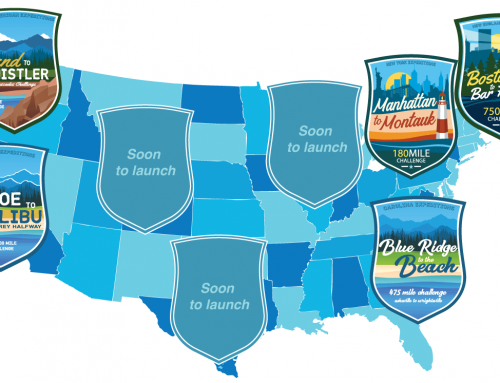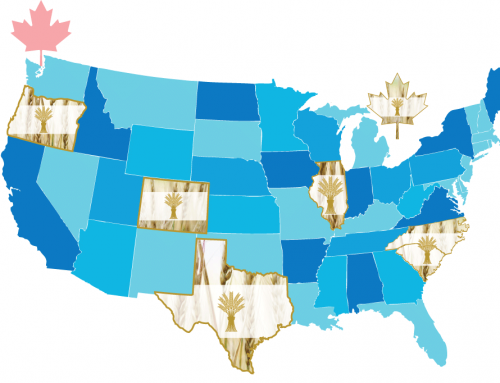By Vickie Leff, LCSW
 Resilience: an individual’s ability to properly adapt to stress and adversity.
Resilience: an individual’s ability to properly adapt to stress and adversity.
Resilience seems to be all the buzz in the work world. There is information and studies about the importance of resilience, not only for your job but everyday life challenges. Key characteristics helping develop and maintain resilience include self-efficacy, hope, personal control and self-understanding. These psychological traits are developed, challenged, and improved by running! Adding running to your life helps manage stress, while increasing your life-long ability to be resilient.
How does running add resilience?
Self-Efficacy: the confidence to handle things thrown at you. Running is unpredictable, no run is the same. You set out on a run feeling great and it turns into a terrible struggle; yet you persevere and succeed. Repeated exposure to a challenge increases your confidence to handle just about anything.
Hope: setting goals for yourself, whether a day-to-day or year-long goal, requires hope and a wish to accomplish the goal. It will be challenged, building your ability to refocus, even reframe what you are hoping for. Without hope there would be little motivation.
Personal Control: Running is the ultimate activity to offer the opportunity for personal control. You are the only one who can do your run; you are dependent completely on yourself.
Self-Understanding: As a runner, you constantly redefine and assess your abilities. It may require reframing goals day-to-day depending on what life sends your way. This skill-building helps you pivot for life challenges or daily stress.
 I started running to relieve stress during my first job as an oncology social worker at Beth Israel Hospital in Boston in 1984. Running along the Charles River was extremely therapeutic! I had no idea how emotionally challenging the work would be, yet I absolutely loved it. Running helped relieve my stress and taught me how to mitigate stress in the future – it helped build resilience and allowed me to continue in a stressful field of work.
I started running to relieve stress during my first job as an oncology social worker at Beth Israel Hospital in Boston in 1984. Running along the Charles River was extremely therapeutic! I had no idea how emotionally challenging the work would be, yet I absolutely loved it. Running helped relieve my stress and taught me how to mitigate stress in the future – it helped build resilience and allowed me to continue in a stressful field of work.
As most marathon runners will tell you, it’s about the training. When do you need water? When should you take a walk break? What is the best gear? How do you deal with hitting a wall? What are the roughest miles for you? What should I eat the night before?
The answers come from training, trial and error. I think it’s the same for assessing what you need to stay resilient throughout your career. Identifying what works for you, what should you do when you start to get burned out, or as I like to say – “crispy”? What are the signs that you should take a break and how do you reward yourself?
Of course, you can run a marathon just by increasing your weekly mileage. However, your marathon will go better and will have more meaning if you self-examine along the route. Think about your commitment to resilience and self-care as a marathon, not a sprint. Develop habits and insights to carry you through the finish line, not just the first water stop.
Don’t wait for overwhelming or debilitating stress to motivate you to run. Be proactive and start running or walking as a way of adding to your resilience toolkit before you are in desperate need! Take time to think about how running helps, or can help, your resilience in the other parts of your life. Does it give you time to reflect? Be mindful of the things around you. Decompress physical stress. Take stock of your day. This skill and knowledge will take you to the finish line and hopefully you won’t be last!
# # #
Vickie Leff, LCSW is a clinical social worker at Duke Hospital, in Palliative Care. She is the author of “RunnerMom: On The Go”. Vickie has completed 7 marathons including Boston twice, New York, Chicago and others. She won first place in her age division of her first marathon because she was the only one IN her age division! She is a back-of-the-pack runner who’s motto is “just don’t be last!”.






